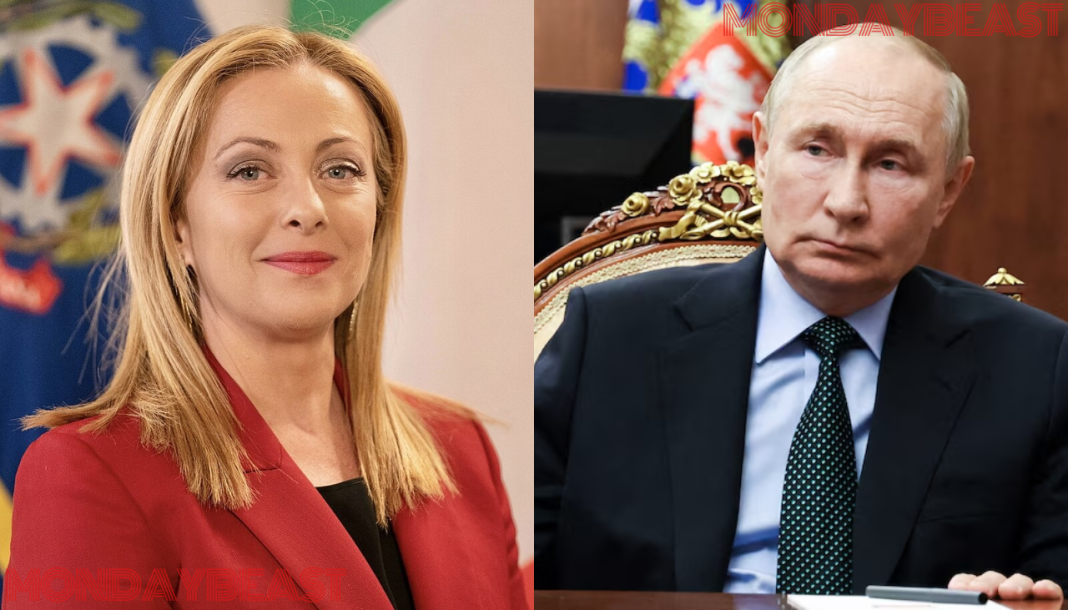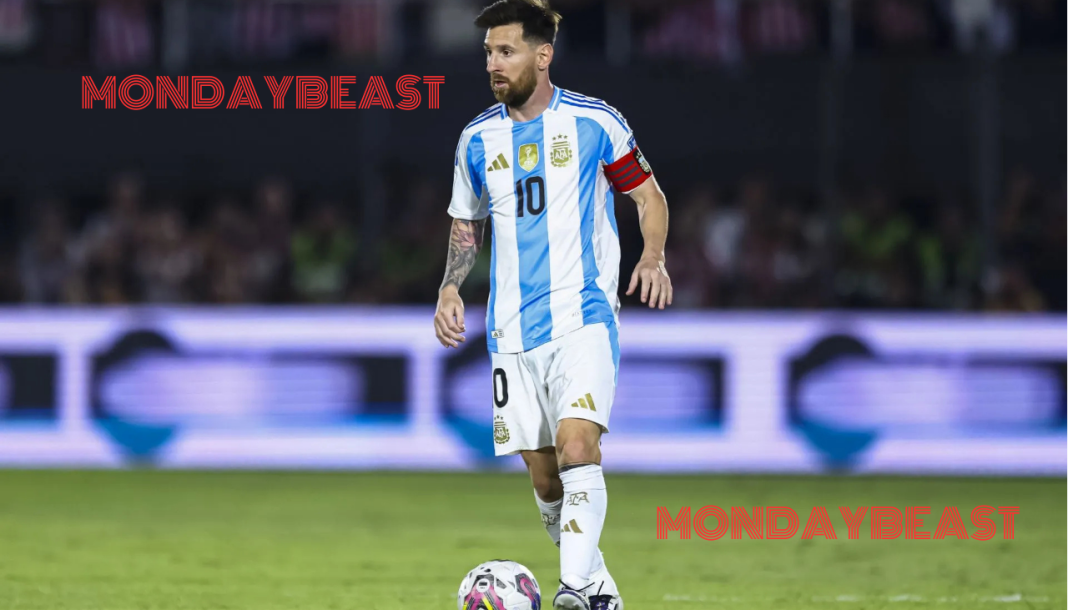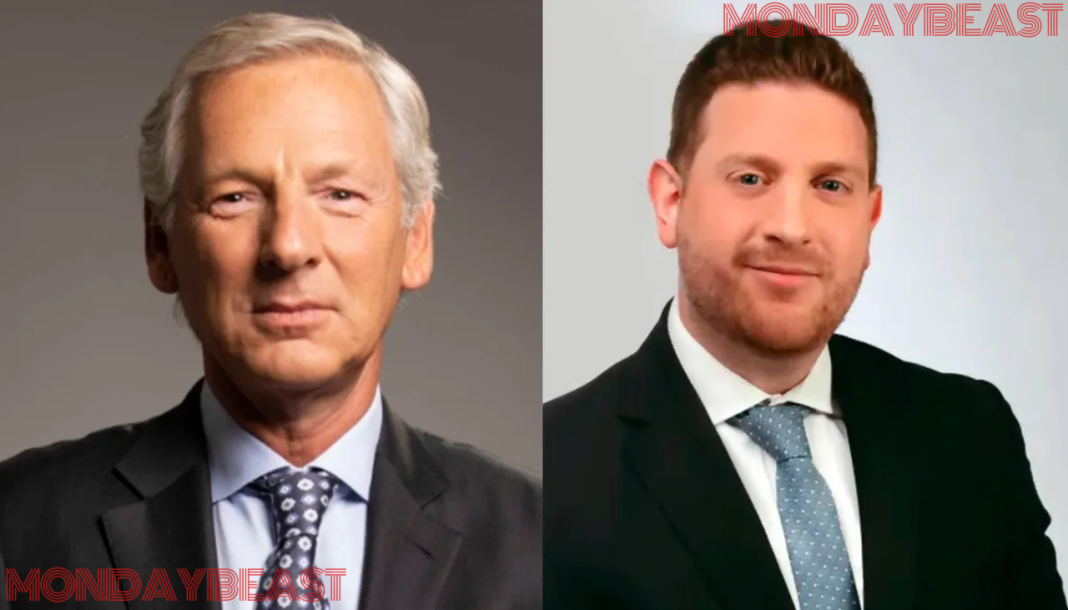In a startling turn of events, Italy’s Prime Minister Giorgia Meloni has voiced her views on the aggressive tides of Russian actions. The recent U.S. decision to allow Ukraine to use long-range missiles against Russian targets has stirred conversations globally. With the echoes of the G20 summit in Rio de Janeiro still resonating, Meloni decried Russia’s escalation, calling it a blatant show of hostility.
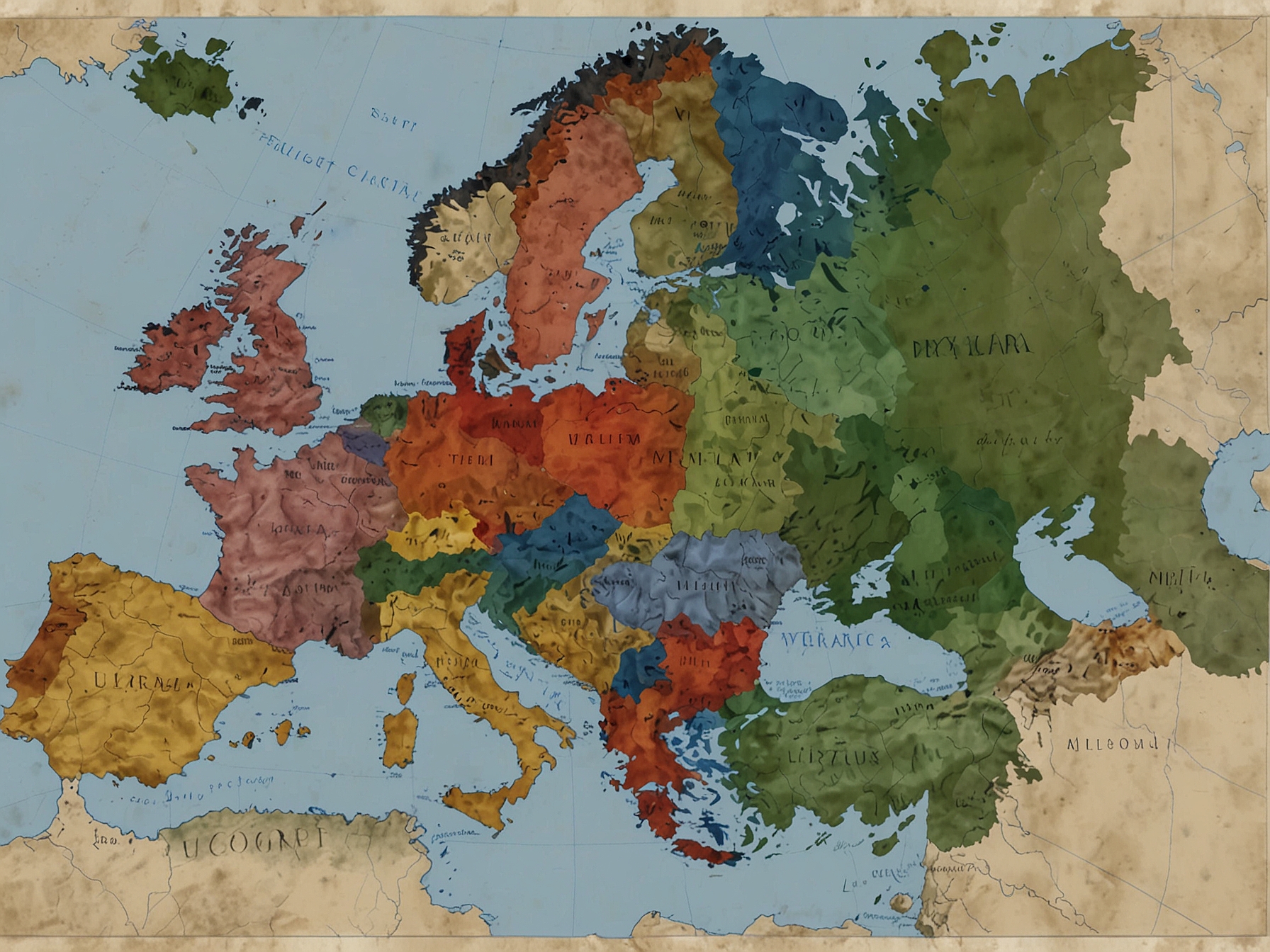
What does this mean for the global political landscape? For many, the question looms large. Such moves from one of the world’s superpowers raise eyebrows and concerns alike. Meloni articulated how this escalation of aggression coincides blatantly with the G20 meeting, suggesting that Moscow’s participation reflects its duplicitous intentions.
The Italian leader emphasized her commitment to supporting Ukraine, spotlighting air defense and civil population issues rather than only military tactics. It’s intriguing to ponder: how does Italy’s response fit into the larger framework of European security?
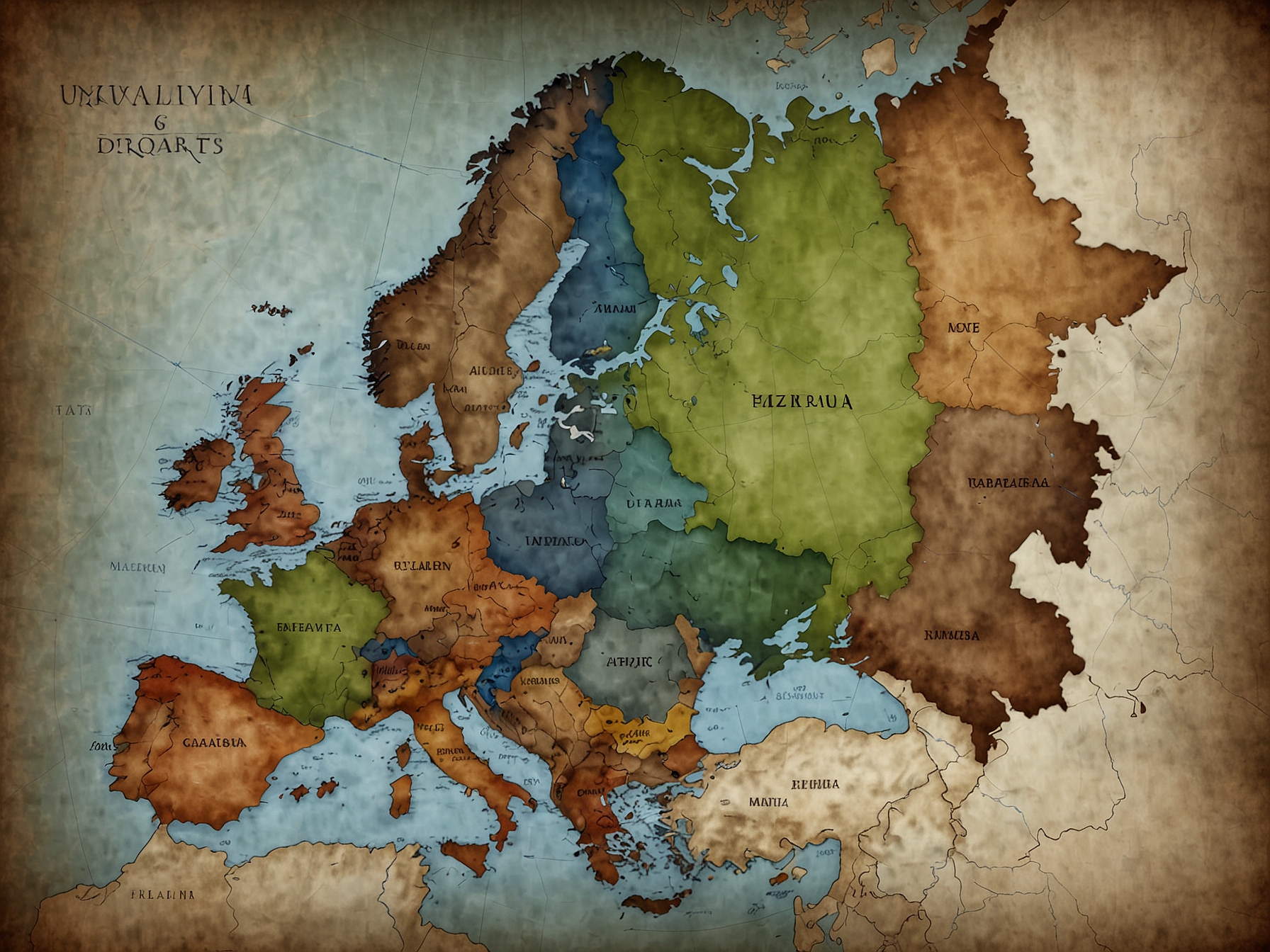
At the heart of Meloni’s comments lies a stark realization. Russia’s actions betray a desire for dialogue, she argues, fundamentally challenging the narrative surrounding the conflict. It begs the question—does Italy see a potential for peace talks with a seemingly unwilling partner?
Amidst confirmations from the Russian Ministry of Defense regarding Ukrainian attacks on Bryansk, Meloni’s statements take on heightened significance. The ATACMS missiles, recently characterized as offensive tools, add a layer of complexity to the dynamic situation. Could this be the beginning of an arms race, or is it a necessary response to an existential threat?
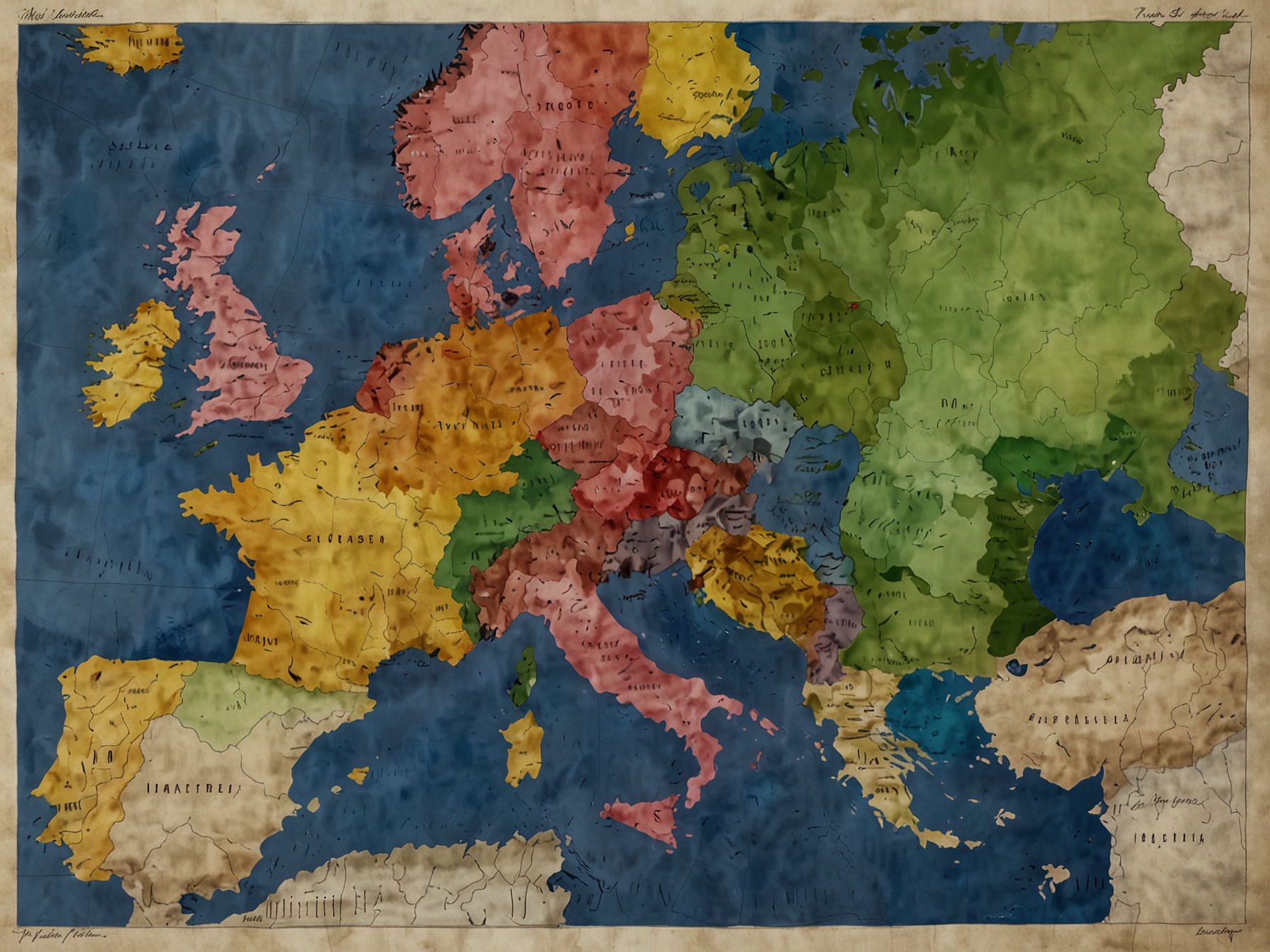
The U.S. stance, under President Biden, comes at a critical juncture. Allowing Ukraine the autonomy to strike Russian territory is monumental. Personal thoughts bring me back to a question—can such actions genuinely safeguard democratic values, or will they escalate tensions further?
This is reminiscent of the tortuous paths that have marked history. The Western front must remain unified. Meloni, who leads the G7 this year, urges solidarity more than ever. As Russian President Vladimir Putin continues to assert his influence, the alliance faces significant tests.
Reflecting on Meloni’s perspective sheds light on broader implications. Her remarks caution against complacency. “We assure our support to Ukraine,” she states. But how is this manifested in reality? Against the backdrop of fresh reports of missile strikes and the grim anniversary of the conflict, questions linger.
Could this be the moment that reshapes the future of NATO dynamics? With external influences from North Korea aiding Russia, we must consider how allies respond. A critical eye must be cast on the repercussions of this newfound empowerment for Ukraine.
Though it is easy to be swept away by the emotional narrative, one must contemplate the practicalities. Will European nations rally to this cause? Or will internal divides weaken the collective front?
In closing, the urgency of diplomatic avenues has never felt so poignant. Meloni sees the world teetering on a precipice. The choices made today could very well dictate the trajectory of international relations for years to come. Wouldn’t it be a tragedy to waste the opportunity for genuine dialogue and progress?

